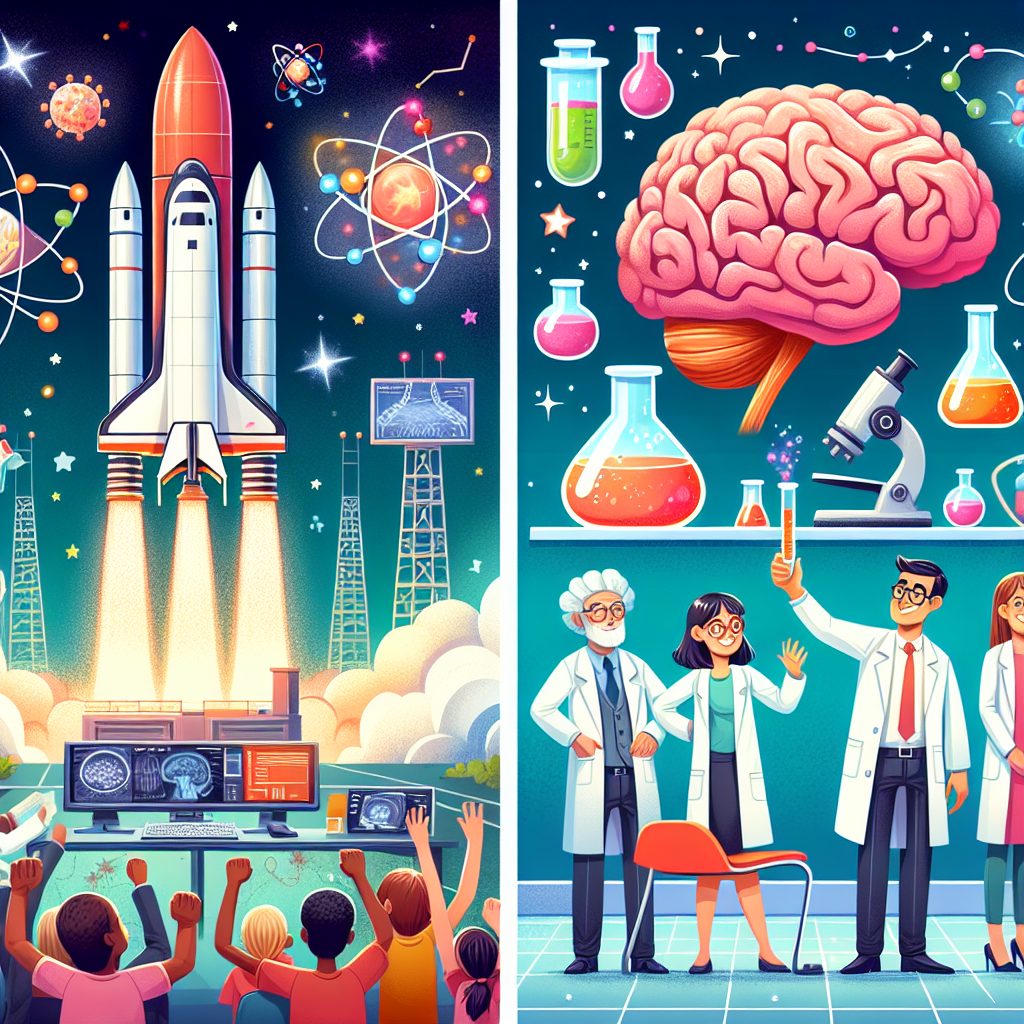31st July 2025
In a week marked by significant scientific achievements, researchers have made groundbreaking discoveries in medical treatment while space exploration reaches new frontiers. Here's a roundup of the most impactful developments in science and technology.
Promising New Treatment for Alzheimer's Disease Scientists at UC San Francisco and Gladstone Institutes have made a revolutionary breakthrough in Alzheimer's treatment. Through extensive research analyzing over 1,300 approved drugs, they discovered that two existing cancer medications show potential in reversing Alzheimer's-induced damage. This finding suggests these drugs could potentially slow or even reverse the progression of Alzheimer's symptoms, offering new hope for millions affected by the disease.
First Quantum Computer Launches into Space In a historic moment for space technology, the first quantum computer has been launched into orbit. Unlike conventional computers, quantum computers can solve complex problems previously thought impossible. This milestone deployment aims to test the computer's performance in space's harsh environment. If successful, this technology could support extended space missions and enhance our understanding of the universe.
International Space Station Celebrates 25 Years of Continuous Human Presence The International Space Station (ISS) has reached a remarkable milestone: 25 years of continuous human habitation. Since 1998, astronauts from various nations have collaborated in this orbiting laboratory, demonstrating successful international cooperation in space exploration. The latest crew joins this historic timeline, continuing the legacy of scientific research and discovery aboard the station.
Understanding Cold Sensation and Brain Health Recent scientific studies have revealed insights into how our bodies process cold sensations through specific neural pathways. This discovery could lead to new therapeutic approaches without pharmaceutical intervention. Additionally, researchers have identified simple lifestyle changes that can maintain cognitive sharpness with age, including dietary modifications, adequate sleep, and regular physical activity.
Natural Disaster Insights: Russian Earthquake A significant earthquake in Russia has provided scientists with valuable data about seismic events. Despite its magnitude, the earthquake didn't generate massive tsunamis, contrary to typical expectations. Scientists attribute this to the quake's unique horizontal movement rather than vertical displacement, offering new insights into geological phenomena.
Looking Back: New York's Origins On July 31, 1664, a peaceful transition transformed the Dutch colony of Nieuw Amsterdam into the British city of New York, laying the foundation for one of the world's most iconic metropolises. This historical moment marked the beginning of New York City's evolution into the global hub we know today.
These developments across various scientific fields continue to expand our understanding of both human health and the universe around us, promising exciting possibilities for future advancement.
This article is based on today's episode of KidsNewsFlash, a daily news podcast for kids and families. Listen on Apple Podcasts, Spotify, or wherever you get your podcasts!

